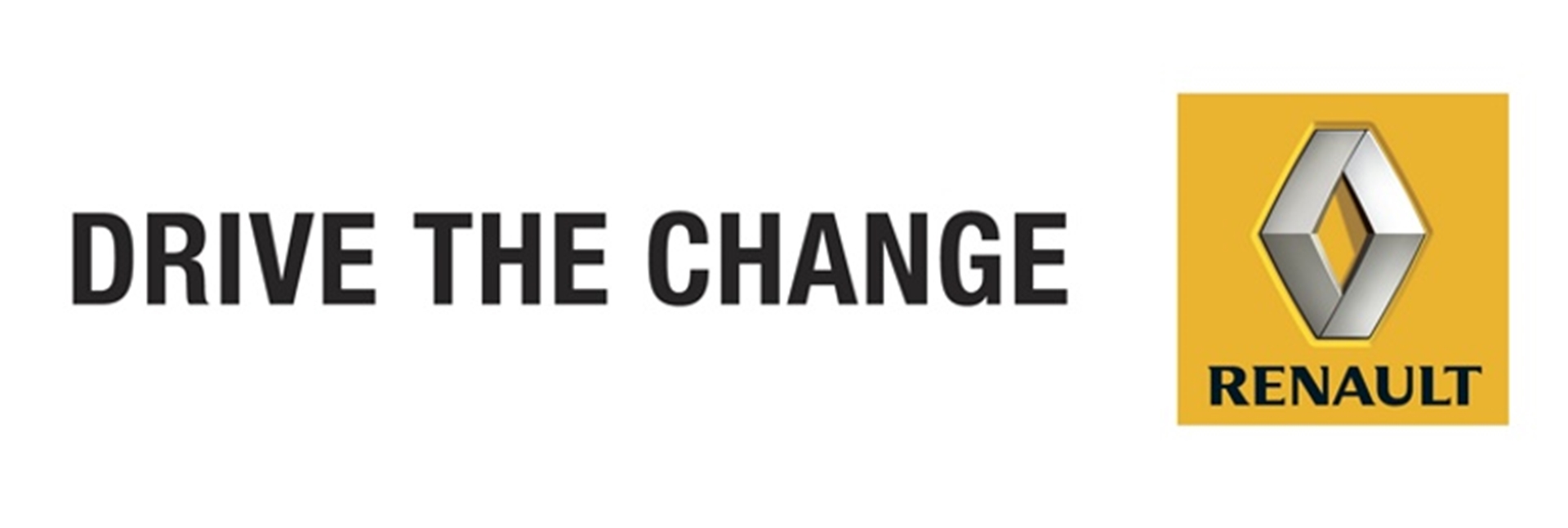 In line with its people- and eco-centric brand vision, it is Renault’s obligation as a car manufacturer to provide technological solutions that help its customers reduce their fuel consumption and, at the same, time curb the production of greenhouse gases.
In line with its people- and eco-centric brand vision, it is Renault’s obligation as a car manufacturer to provide technological solutions that help its customers reduce their fuel consumption and, at the same, time curb the production of greenhouse gases.
Renault’s all-new Energy dCi 130 turbodiesel engine – with its Stop-and-Start feature – is such a solution and has made its South African début as a standard fitment on the marque’s 2012 re-styled Grand Scénic Dynamique. With the Renault 1.6 Energy dCi 130 under the bonnet, the Dynamique is the market’s most frugal seven-seater MPV.
With a maximum power output of 96kW, of its size, the 1.6 litre Energy dCi 130 is the world’s most powerful engine. Peak torque is a generous 320Nm at 1 750 r/min, 20Nm higher than its larger predecessor, the 1.9 dCi.
At the same time and equally as important, is that its combined-cycle fuel consumption (NEDC) is 20% better than that of the 1.9 dCi while CO2 emissions have been slashed by 30 g/km.
“A complete line-up of Energy engines will be launched in South Africaover the next
12 months, all boasting high-tech content derived from Formula 1. Also incorporated are six cutting-edge CO2 technologies, including a Stop-and-Start system combined with deceleration/regenerative braking”, says Leslie Ramsoomar, Vice President of Sales & Operations at Renault South Africa.
“Renault’s Energy engines will afford South African motorists lower fuel lower consumption and reduced CO2 emissions, together with enhanced driving enjoyment and more affordable running costs … just the ticket for individual car owners and also Renault Fleet customers,” he adds.
As fitment of the all-new Energy dCi 130 turbo-diesel engine is introduced to the vehicles targeted in Renault’s model line-up as being the most fleet-appropriate, Renault will soon be delivering on its eco-friendly Fleet Promise, one of the cornerstones of the Renault Fleet brand.
The new Energy dCi 130 engine is the first of an entirely new generation of extremely efficient power plants to have derived benefit from the most advanced solutions together with a strong transfer of technology from Renault’s Formula 1 expertise.
In the region of €230-million have been invested in the development of the new power plant and some 75% of the 264 components that have gone into the Energy dCi 130 are entirely new. Fifteen thousand hours of bench testing under extreme conditions, equating to the entire lifecycle of the engine – 300 00km or 20 years – was also carried out.
With such proven engine technology and the unparalleled cost, efficiency and enviro-friendly benefits that it will afford South African fleet owners set become a standard across a wide-ranging number of Renault models, Renault Fleet is on track to deliver the goods to South Africa’s long-term rental, full maintenance leasing and fleet buying companies.
RENAULT FLEET:
How Eco-Driving can reduce fuel consumption by up to 20%
Tip 1: Improve your gear changes
- Shift down at approximately 1 000 rpm
- Shift up to the next gear at approximately 2 000 rpm in diesel engines and at 2 400rmp in a petrol engine
- At 48 kph, you should already be in fourth or fifth gear
Tip 2: Drive smoothly
- Maintain a steady speed as possible
- Brake with the engine and use your brake as little as possible. Allowing the vehicle to slow naturally helps to reduce the fuel flow
- At 48 kph in fifth gear, lift your foot off the accelerator 100 metres before a red light
Tip 3: Think about how you accelerate
- Up 48 kph, it is preferable to accelerate briskly up to fifth gear
- At speeds in excess of this, acceleration should be restrained
- Change gear very swiftly up to fifth gear
Tip 4: Climbs and descents
- Keep to the same speed when going down a hill
- On an uphill gradient, let the car lose speed but, without obstructing other road-users. If possible, maintain your vehicle at a steady speed above 40 kph
- Use descents to take your foot off the accelerator
Tip 5: Use your motor smartly
- Turn off your engine if you stop for more than 30 seconds
- Do not preheat your engine even in winter
- Pull away as soon as the engine has fired up
Tip 6: Look after your car
- Check tyre pressures every month
- If you have to use the air conditioning, make sure the difference between the temperatures inside and outside your vehicle is not too great
- Do not leave unnecessary loads in your vehicle
- Remove roof bars and roof boxes when not in use
- Proper servicing and proper use of your vehicle are as important as eco-driving